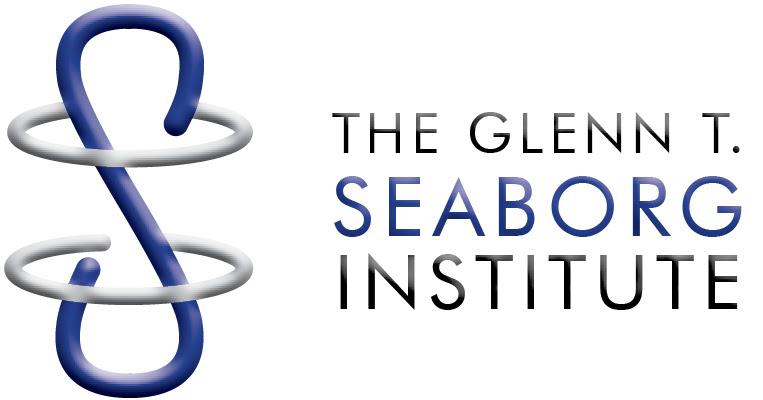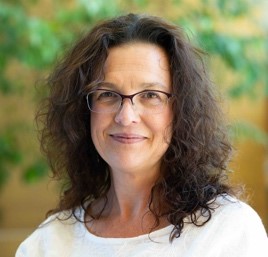 |
Center for Nonlinear Studies |

The oil/water interface displays both spatial and temporal capillary wave fluctuations, which can be approximated using capillary wave theory. Among these, temporal fluctuations are markedly more sensitive to solution conditions than their spatial counterparts. Recent work in our laboratory has shown that the time correlation constants associated with dominant capillary wave modes can vary by up to an order of magnitude, depending on system parameters. This pronounced sensitivity presents a promising opportunity to modulate solute transport rates across the interface.
Liquid–liquid extraction, a widely used method for separating complex metal mixtures, depends on metal–extractant complexation reactions that occur at the phase boundary. Prior experimental and computational studies have demonstrated that different metals exhibit distinct levels of surface activity—effectively differing interfacial concentrations. By leveraging this variation in interfacial behavior alongside the tunability of capillary wave dynamics, it may be possible to achieve kinetic separations of chemically similar metals—such as the trivalent lanthanides—that are otherwise indistinguishable based on thermodynamic driving forces alone.
Biography
 | Aurora Clark is a Professor in the Department of Chemistry at the University of Utah. She completed her PhD from Indiana University and her postdoctoral research at Los Alamos National Laboratory. While at LANL, she investigated the electronic structure of chemical systems containing highly correlated f-block elements. In 2005, she joined the Chemistry Department at Washington State University, where she held several leadership roles including Director of the Center for Institutional Research Computing, Interim Director of the WSU–PNNL Institute of Nuclear Science and Technology, and Director of the Materials Science and Engineering PhD program. Dr. Clark’s research integrates quantum and statistical mechanics to explore chemical processes in extreme and complex environments, with a focus on solution-phase behavior and chemical separations. She has developed novel theoretical frameworks for data analysis in molecular simulations, particularly within high-performance computing platforms. Her scientific contributions have been recognized with numerous awards, and she is a Fellow of the AAAS, ACS, and APS. She currently serves on the editorial advisory boards of the Journal of Chemical Physics, Solvent Extraction and Ion Exchange, Computational and Theoretical Chemistry, and the Journal of Physical Chemistry. |
Join by phone US Toll +1 415 655 0002 US Toll